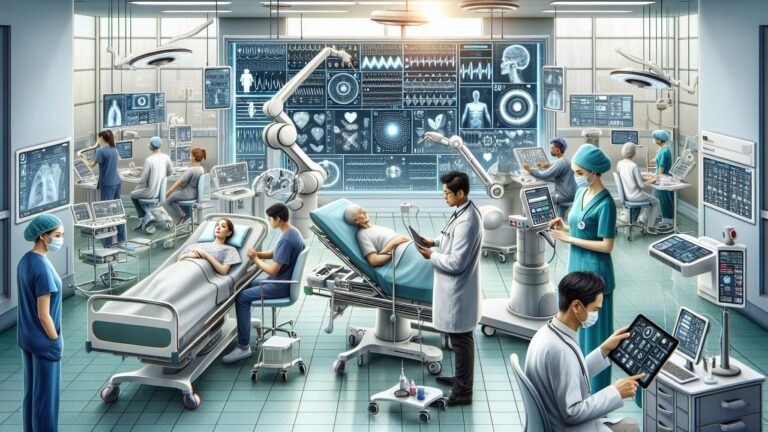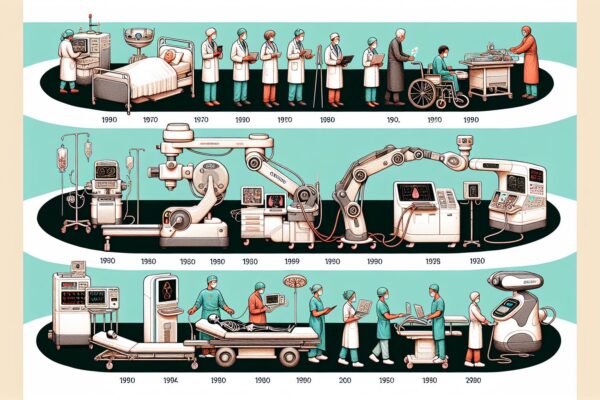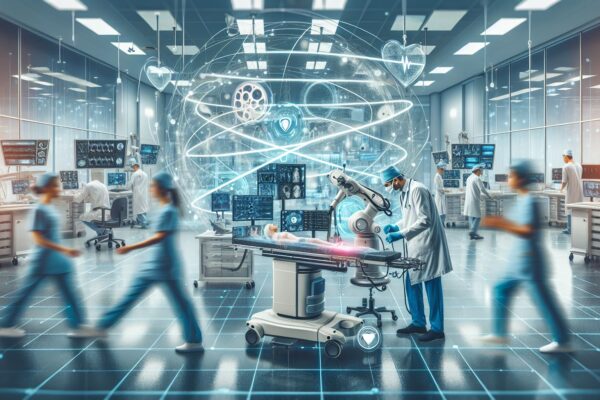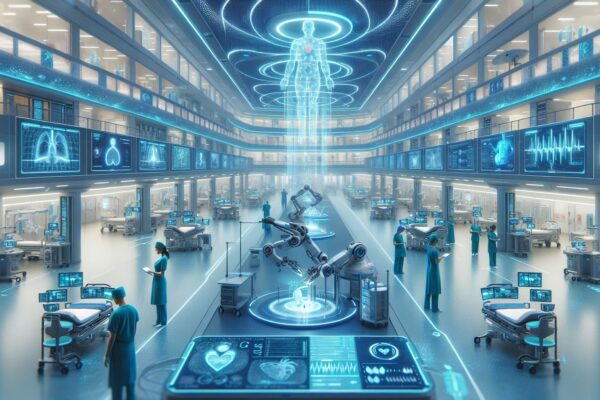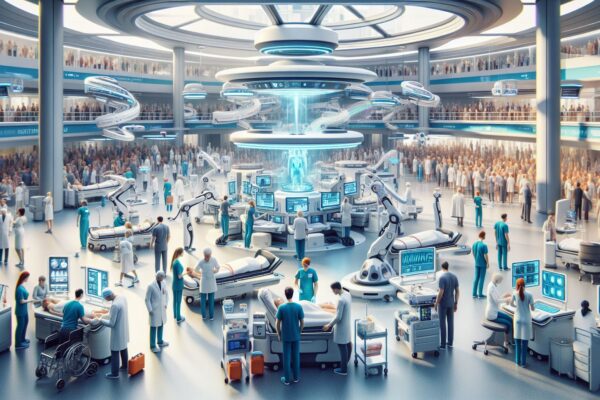The advancement of technology has revolutionized various industries, and the field of healthcare is no exception. The integration of medical technology in hospitals has led to significant improvements in patient care, diagnosis, treatment, and overall operational efficiency. From state-of-the-art equipment to innovative software solutions, the impact of medical technology on hospitals cannot be overstated.
I. Importance of Medical Technology in Hospitals
Medical technology plays a crucial role in hospitals by enhancing patient care and improving outcomes. With the help of advanced diagnostic tools, medical professionals can accurately and quickly identify illnesses and develop tailored treatment plans. This leads to reduced misdiagnoses, minimized risks, and enhanced patient safety. Additionally, modern medical technology has made surgeries less invasive and more precise, resulting in faster recovery times and fewer complications.
II. The Benefits of Medical Technology
-
Efficiency: The integration of electronic health records (EHR) systems has streamlined administrative tasks in hospitals. EHRs enable healthcare providers to securely access patient information, track medical histories, and automate processes such as billing and appointments. This eliminates the need for paper records, reduces errors, and enhances workflow efficiency.
-
Telehealth and Telemedicine: Medical technology has revolutionized healthcare accessibility through telehealth and telemedicine solutions. Patients can now consult with doctors remotely, reducing the need for in-person visits, especially for non-emergency cases. This technology has proven critical in rural areas with limited access to healthcare facilities.
-
Remote Patient Monitoring: With the advent of wearable devices and remote monitoring systems, healthcare providers can remotely monitor patients’ vital signs, such as heart rate, blood pressure, and glucose levels. This technology allows early detection of potential health issues, reduces hospital readmissions, and improves overall patient outcomes.
-
Robotic Assistance: Robotic technology has enabled surgeons to perform complex procedures with increased precision and control. Robots can reach areas inaccessible to human hands and provide surgeons with real-time visualization. This technology has revolutionized surgeries, allowing for more precision and fewer complications.
III. Challenges and Considerations
While medical technology holds immense potential, its implementation comes with specific challenges and considerations. Some crucial factors to address include:
-
Cost: The adoption of medical technology in hospitals can be costly. Investments in equipment, infrastructure, and training can be significant. However, long-term benefits, such as improved healthcare outcomes and reduced operational costs, often outweigh the initial expenses.
-
Data Security: With increased digitalization, protecting patients’ health information becomes paramount. Hospitals must prioritize data security and comply with stringent regulations to safeguard patient privacy.
-
Staff Training: Hospital staff need proper training to effectively operate and utilize medical technology. Providing comprehensive training and ongoing support to healthcare professionals ensures optimal utilization of these advanced tools.
IV. Conclusion
Medical technology has transformed hospitals into beacons of innovation, improving patient care and operational efficiency. From accurate diagnoses to robotic-assisted surgeries, the impact of medical technology is undeniable. While challenges exist, the potential for improving healthcare outcomes through medical technology remains immense. As technology continues to advance, hospitals must embrace innovation to provide the best possible care to their patients.
